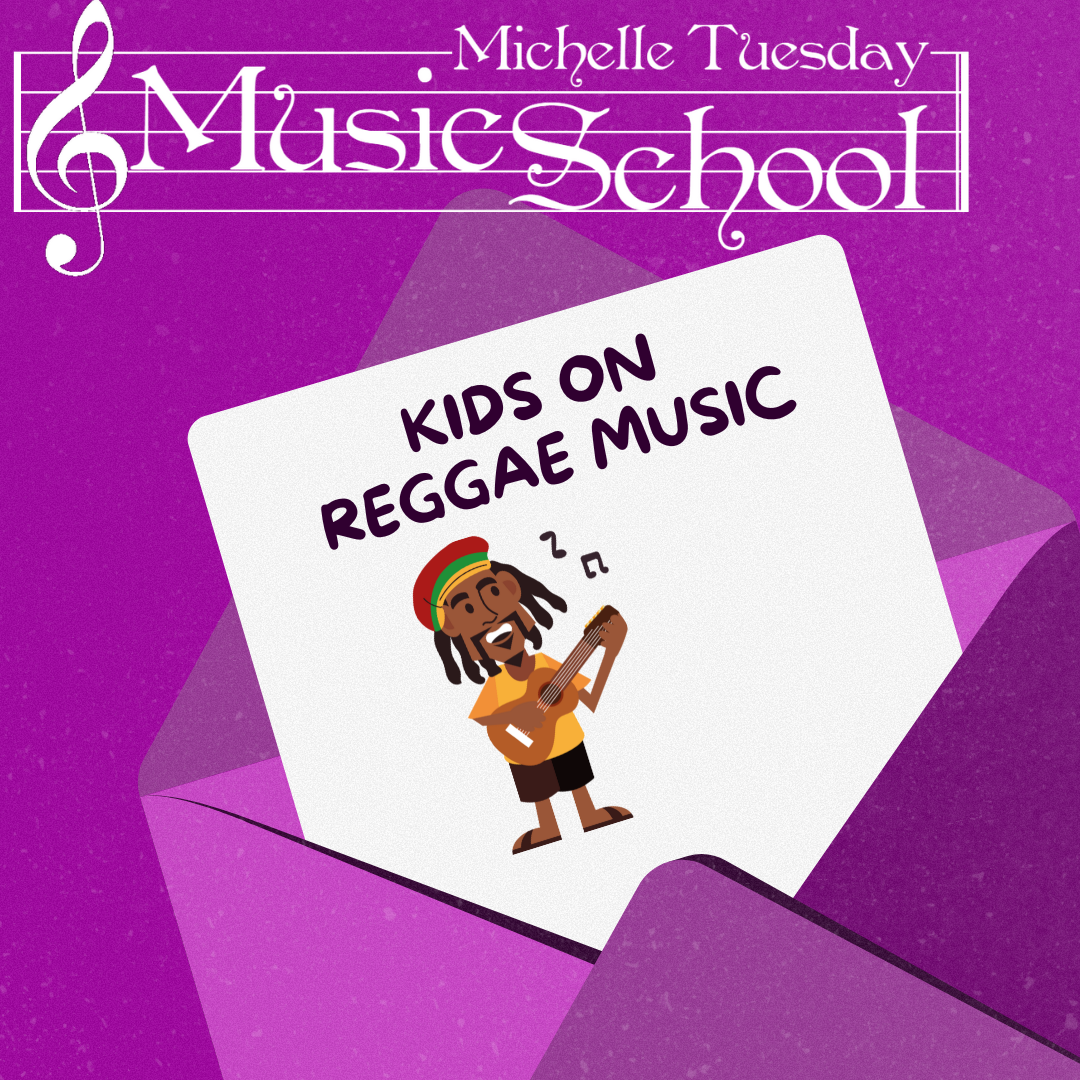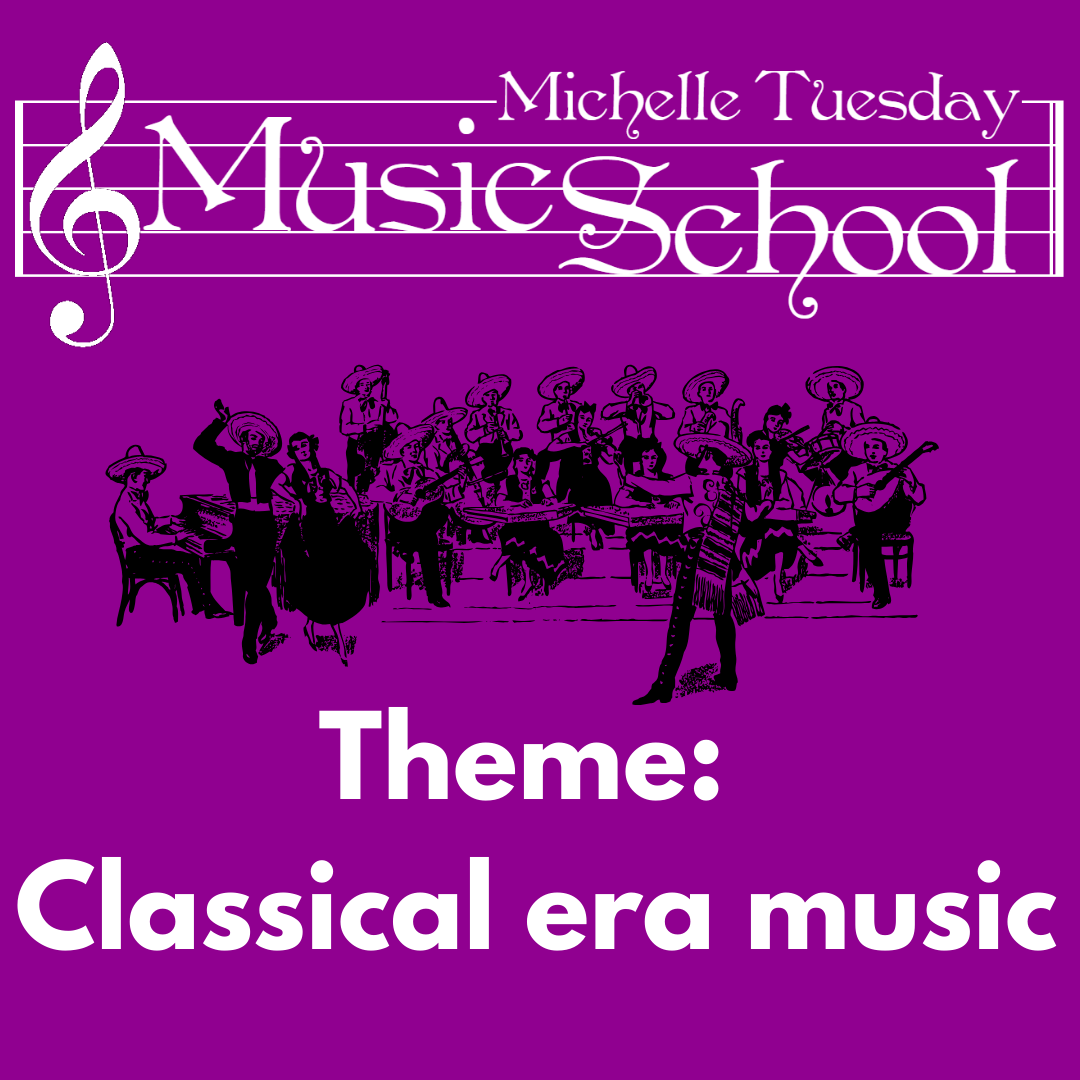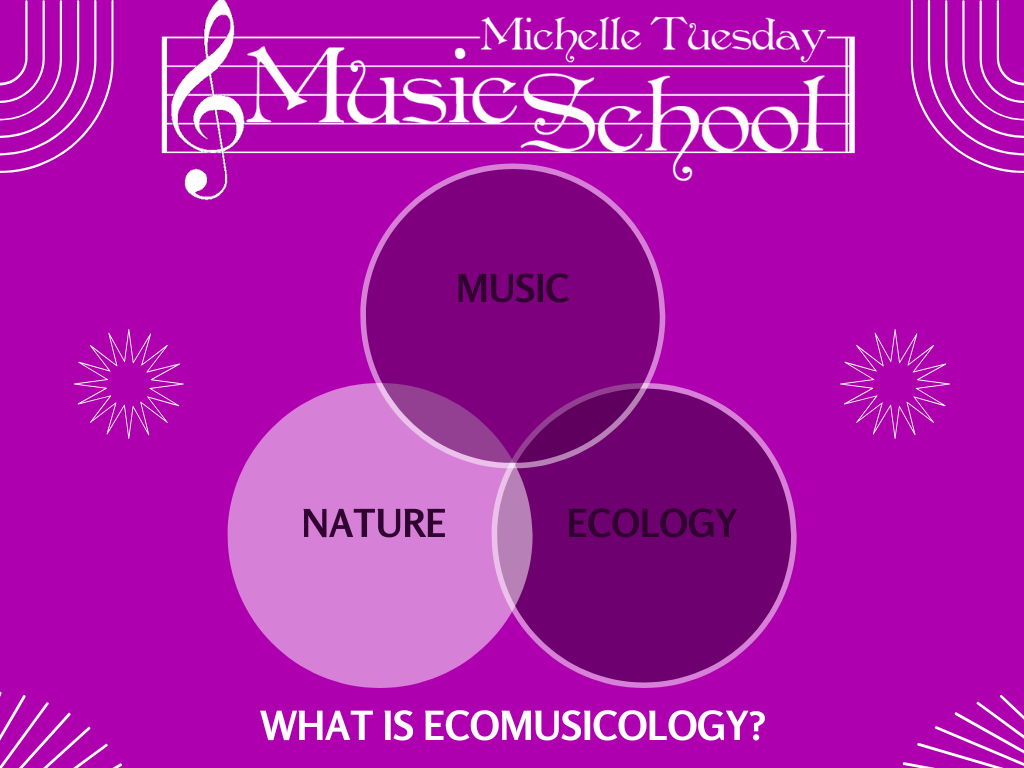This month, students spent time listening to and learning about reggae music. Their observations highlighted sound, mood, history, and how the music changes over time. Together, their comments paint a clear picture of a genre full of warmth, rhythm, and meaning.
🎧 Sound, Mood, and Musical Feel
Many students noticed the overall sound and feeling of the music right away. They described echoing voices and songs that felt happy and positive. Several mentioned that the lyrics tell a story and often focus on the world in an uplifting way. The music was also described as “very vibey,” tropical, calming, and steady.
🎸 Instruments, Dynamics, and Tempo
Instrumentation stood out during listening activities. Students heard lots of guitar, both acoustic and electric, along with drums and bongo drums. Some noticed high hat and staccato drum parts, while others pointed out how songs often start with one instrument and slowly add more. As instruments build, the music becomes louder and fuller.
Dynamics and tempo were another focus. Students shared that some songs are calm, while others move faster. A few noticed that certain songs begin slowly and end with more energy. Others described the dynamics as soft and smooth.
One song made a strong impression. A student shared that they really liked “Don’t Worry Be Happy.”
🌍 History, Roots, and Cultural Reach
During history discussions, students explored where reggae comes from. Many noted that reggae originated in Jamaica and began in the 1960s. They learned that reggae developed over time, starting as mento, then moving through ska and rock steady before becoming reggae.
Bob Marley came up often in student reflections. Students shared that he is one of the most famous reggae musicians and is seen as the face of the genre. Several mentioned his name when talking about reggae’s history and influence.
Students also learned that reggae music reaches beyond one place. While it began in Jamaica, they discovered that many other places use and play reggae music today. Along the way, they also learned that Jamaica is the third-largest island in the Caribbean.
From tropical sounds and positive lyrics to rich history and layered rhythms, students connected deeply with reggae music. Their comments show careful listening, growing musical vocabulary, and curiosity about how music reflects culture and place.



